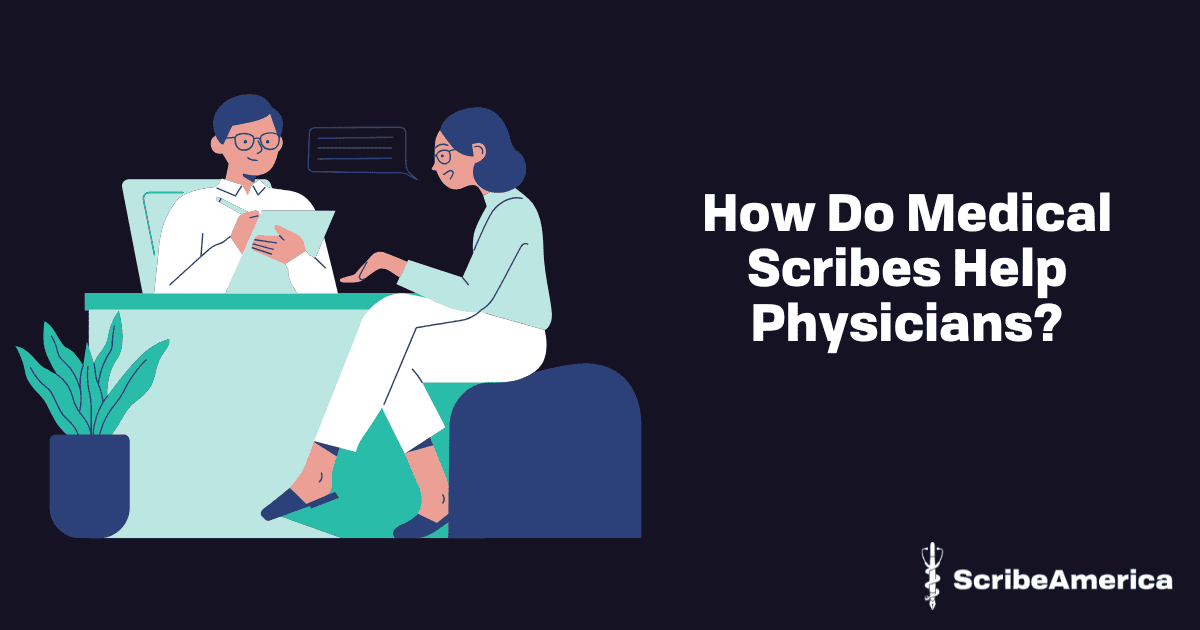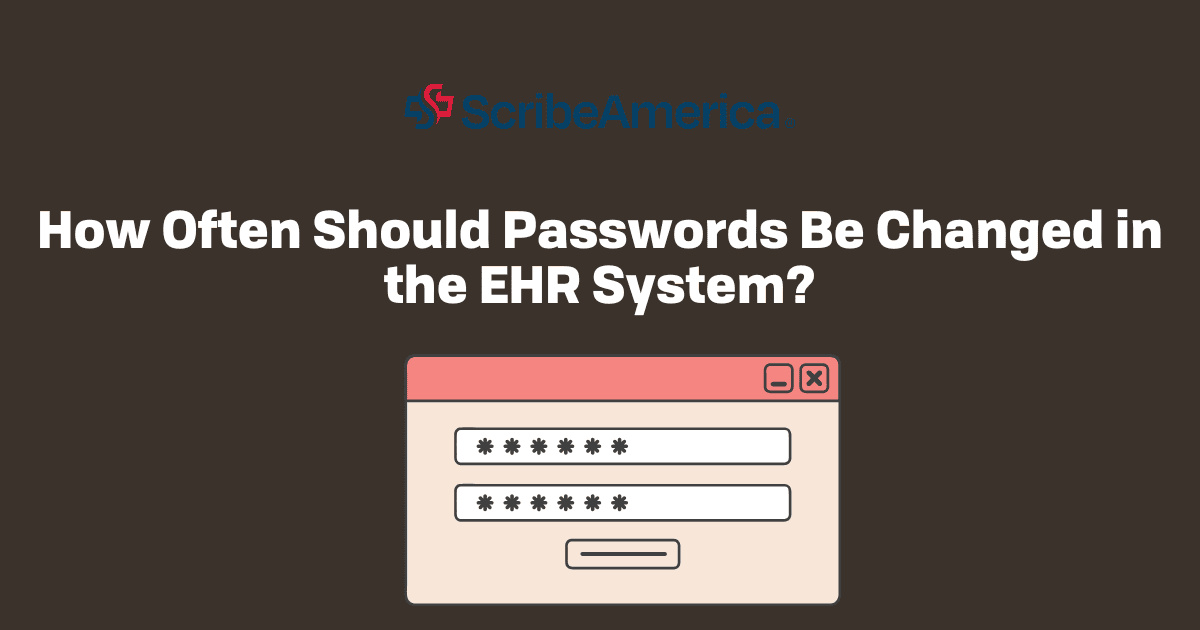Key points:
- Real-time documentation and administrative support – Medical scribes record patient encounters, update EHRs, and handle paperwork, allowing physicians to focus entirely on patient care.
- Enhanced efficiency and accuracy – Scribes organize data, highlight critical information, and reduce cognitive load, helping physicians work faster, prevent errors, and improve overall workflow.
- Long-term benefits for physicians and patients – By reducing administrative burdens, scribes enable doctors to see more patients, maintain work-life balance, and improve patient care and satisfaction.
The role of a medical scribe has become increasingly valuable in healthcare settings. As physicians face mounting pressures from administrative tasks and patient demands, medical scribes offer vital support, allowing doctors to focus more on patient care. But how do medical scribes help physicians exactly? The answer lies in the efficiency they bring to a physician’s workflow, improving both the quality of care and the overall patient experience.
What Does a Medical Scribe Do For a Physician?
So, what does a medical scribe do for a physician? A medical scribe acts as a dedicated assistant who works alongside a physician during patient consultations. Their main job is to document patient encounters in real time, which is a significant burden lifted off the doctor’s shoulders. By handling the paperwork, such as updating electronic health records (EHRs), scribes allow physicians to concentrate on diagnosing and treating patients without getting distracted by the technicalities of data entry.
For physicians, the task of updating EHRs after every patient visit can be time-consuming and mentally exhausting. A medical scribe ensures that this process is handled efficiently, reducing the time spent in front of a computer screen. This not only streamlines the workflow but also prevents burnout, which is a common issue among physicians due to the administrative workload. With a scribe in place, the physician's workflow becomes more streamlined. Instead of trying to manage everything at once, they can focus entirely on the patient while the scribe handles the documentation side of things.

But how does a medical scribe help a physician beyond just transcription? They assist in organizing the data, helping the physician navigate the complexities of patient records with ease. They can also highlight important information for the physician to review, making it easier to follow up with patients or address urgent issues. By reducing the cognitive load on physicians, scribes enable them to work faster and more effectively, improving patient care and satisfaction.
This partnership not only boosts productivity but also improves the accuracy of patient records. Physicians can feel more confident knowing that all the necessary details are captured and organized in real-time, reducing the risk of errors that can occur when physicians try to document information after the fact.
How Does a Medical Scribe Help the Physician In the Long Run? The Takeaway
Over time, the efficiency that scribes bring to a physician’s practice leads to improved patient care. Physicians can see more patients without compromising the quality of care, which can help them maintain a healthy work-life balance. Additionally, by reducing the time spent on documentation, physicians may also have more time for providing patient care or even taking breaks, contributing to overall job satisfaction.
How do medical scribes help physicians? Ultimately, the assistance provided by a medical scribe has far-reaching benefits. These professionals play a key role in easing physicians' administrative tasks, allowing more focus on patient care and interaction. Their support provides immediate relief from documentation demands and contributes to long-term improvements in efficiency and patient outcomes, making scribes invaluable as the healthcare field evolves.





